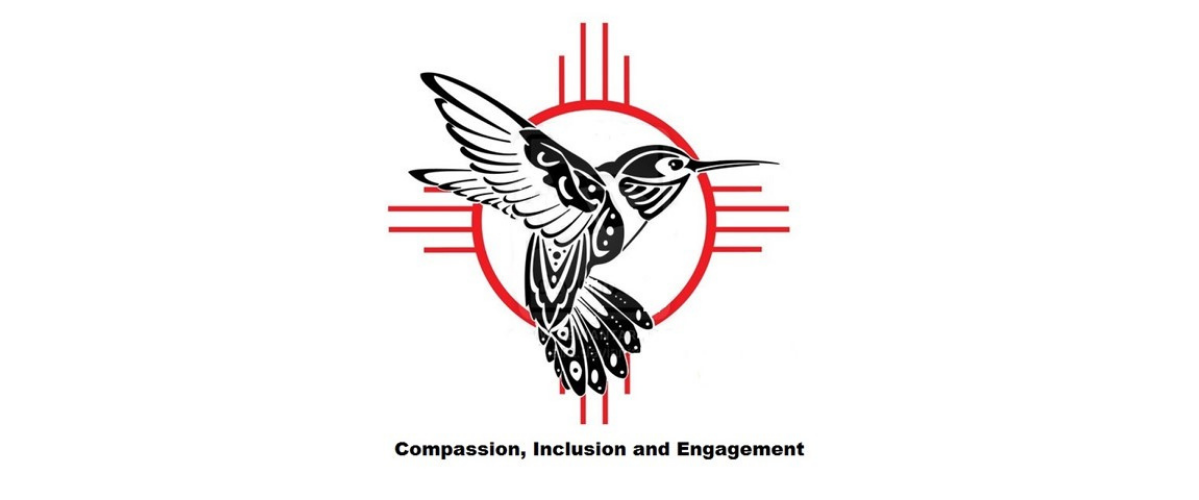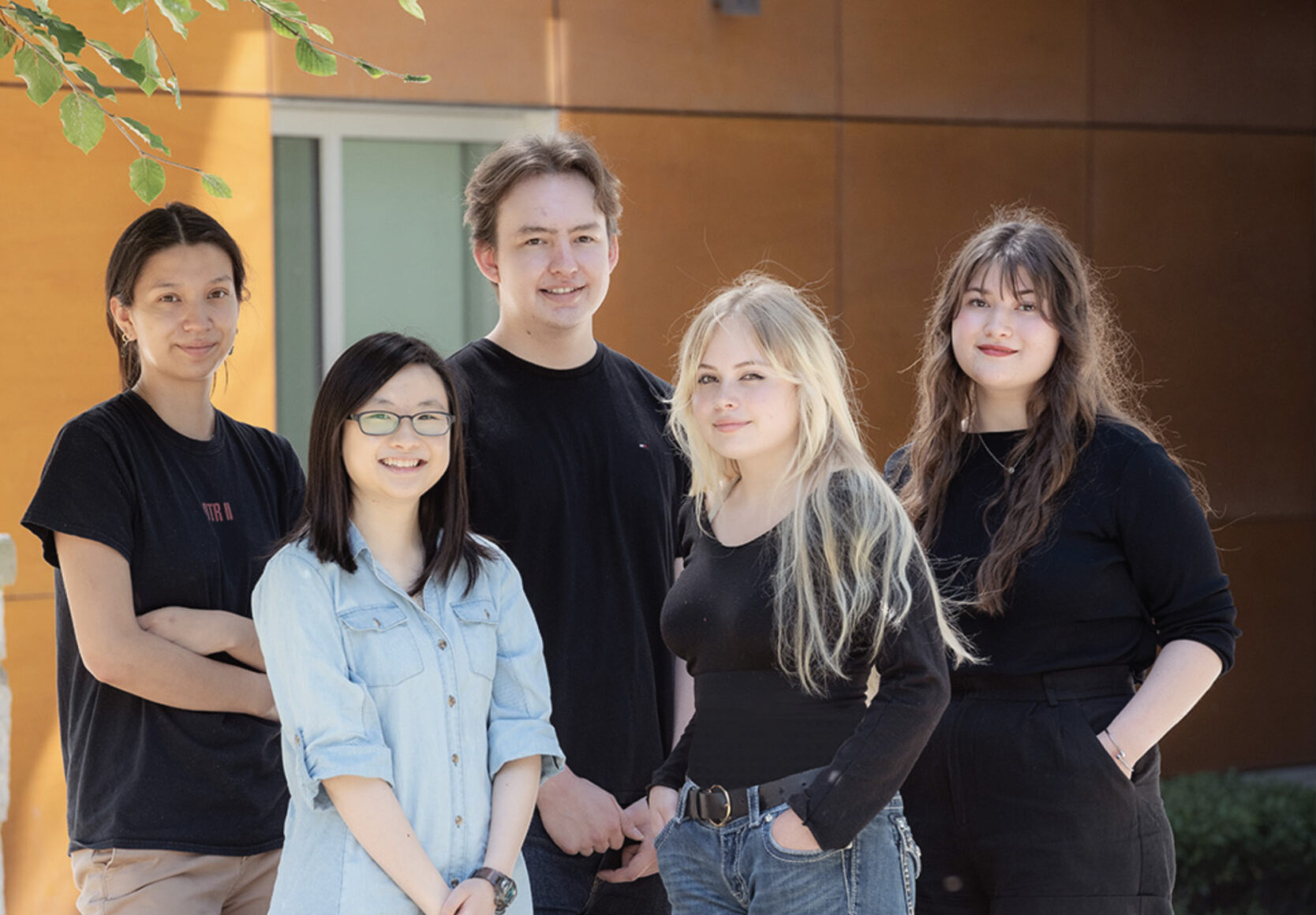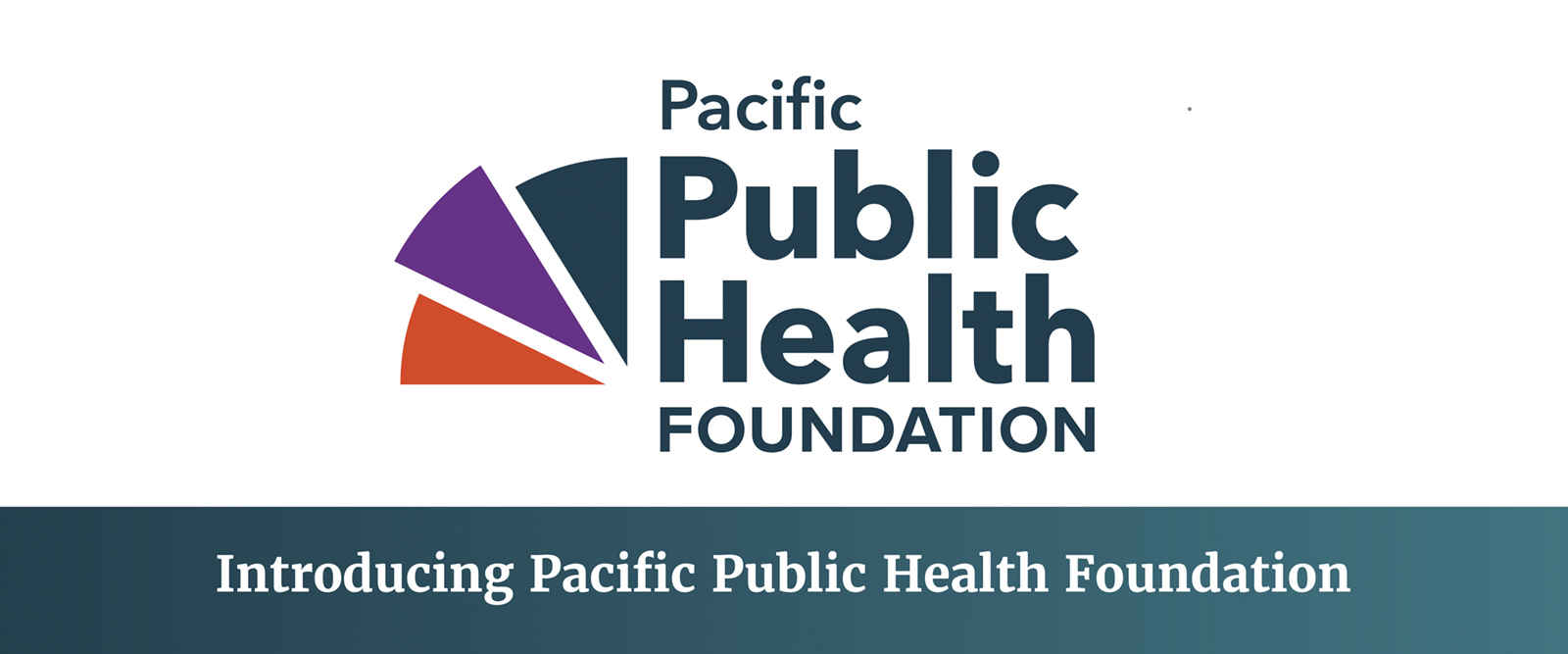Guest post by:*
Sally Maguet,
Lead, Compassion, Inclusion and Engagement initiative
Charlene Burmeister,
Provincial Peer Coordinator for CIE
Marnie Scow,
Provincial Peer Coordinator with CIE
Laura Moore,
CIE’s Project Coordinator
The Compassion, Inclusion and Engagement (CIE) initiative is a partnership between the First Nations Health Authority and the BC Centre for Disease Control.
We have been working with communities across the province since 2015 to host dialogues between service providers and peers (people with lived and living experience of substance use) to challenge stigma, improve harm reduction services, and bridge capacity between communities and healthcare services.
Between 2015 and 2021, the province has declared two public health emergencies. One in response to alarmingly high overdose rates in 2016 and the second in response to COVID-19 last year.
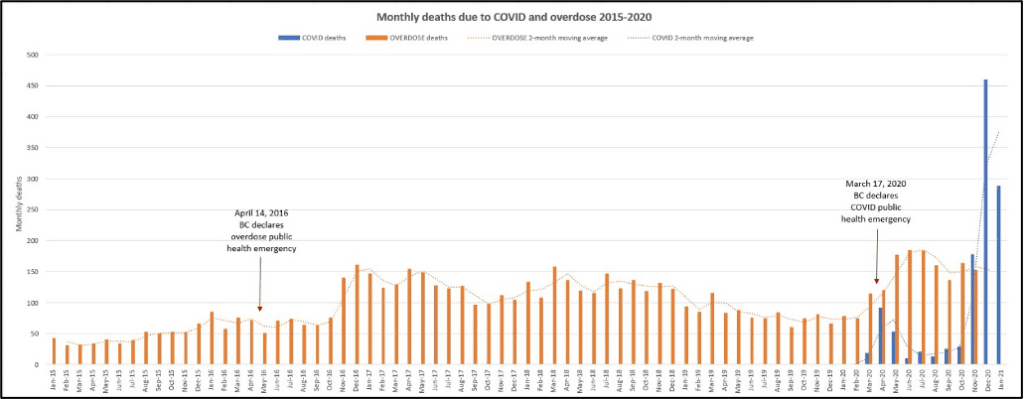
For those affected by substance use, supporting someone who is using drugs, engaged in harm reduction and overdose prevention work, or connected to the peer community, COVID-19 has not replaced the overdose crisis, instead, it has compounded it.
In 2019, overdose rates were steadily decreasing in BC, but as COVID-19 took hold, we started to see the number of overdose deaths creeping up again, until we sadly had our worst month ever in June 2020 when 185 people died in our province from overdose.
Between April 2016 and December 2020, 6,078 people died of overdose in BC, and 901 people were taken too early by COVID-19.
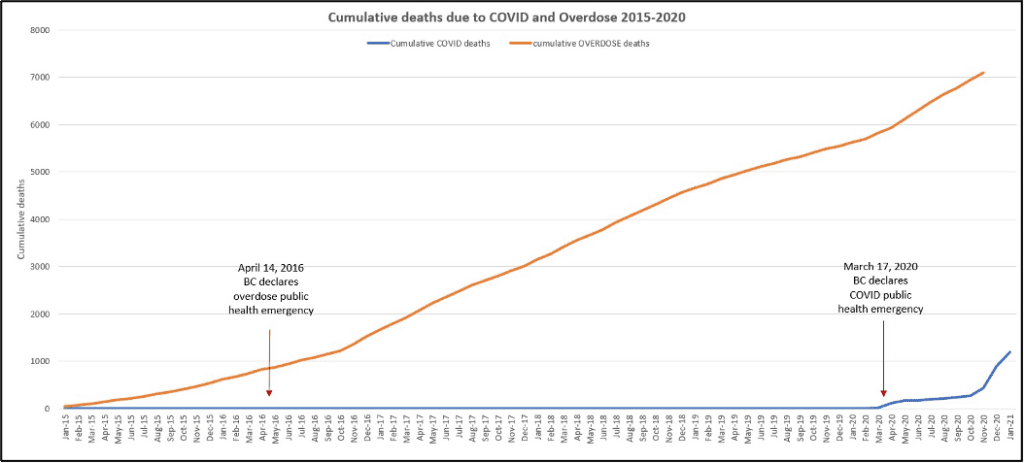
We know the toll COVID-19 is taking on our essential workers and are deeply grateful for their heroic efforts. Peers are often the overdose prevention “front line” workers in their communities, yet, preventing and reversing overdose among their friends, neighbours and family with little support or recognition.
CIE has been working with peers in communities across the province to build networks of support and improve harm reduction and overdose prevention services.
CIE provides small community grants to peer groups who are an essential part of the network of support across the province, and the BCCDC Foundation has provided much of the funding for these grants since 2018. Grant funding has enabled peers to stay connected during COVID-19 by providing access to technology and ongoing outreach activities like community lunch programs.
Since 2018, peer groups who have received CIE community grants have created supportive peer connections, as well as building bridges to their communities. Peer groups have organized community clean up efforts, created connections with local businesses, municipal governments and community groups, as well as participating in the provincial opioid overdose response by contributing to planning tables like Community Action Teams.
At CIE, we are guided by the principles of harm reduction and firmly believe that peers are the experts in their lives and their communities. With the BCCDC Foundation’s help, we hope to continue to support peers in BC to build and sustain supportive networks, create connections in their communities, and be a strong and influential voice in decisions that affect their lives.
As Johann Hari said in his TedTalk in 2015, “The opposite of addiction is connection.” If COVID has taught us anything, it is how very true this is.
Supporting peers to stay connected during this very stressful time is more important than ever. Providing support directly to those most affected by service disruptions and exposed to a toxic, deadly street drug supply is a tangible step toward a truly equitable approach to health.
Additional resources:
- Johann Hari TEDTalk
- Principles of Harm Reduction
- CCSA Report on the impacts of COVID-19 on people who use substances
- Nothing about us without us
*Bios:
Sally Maguet is the lead for CIE. She has a public health background and works on projects that support Indigenous Cultural Safety, harm reduction, and climate change adaptation.
Charlene Burmeister is a provincial peer coordinator for CIE and has been working in research and harm reduction for over 12 years.
Marnie Scow is a provincial peer coordinator with CIE with over 10 years experience providing and managing harm reduction services, and bringing an Indigenous perspective to research, education and harm reduction approaches.
Laura Moore is CIE’s project coordinator. She has a Master’s of Health Administration and has been working in harm reduction for many years supporting research and capacity building projects across the province.
